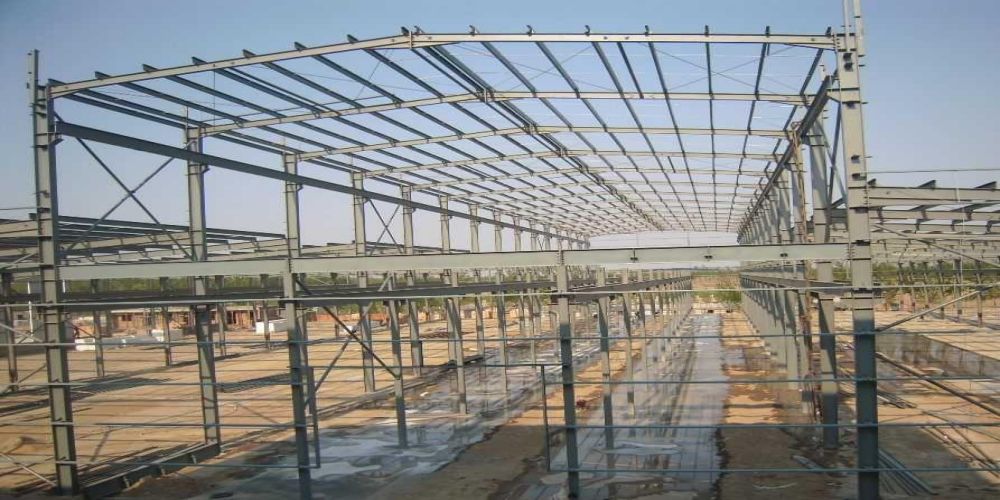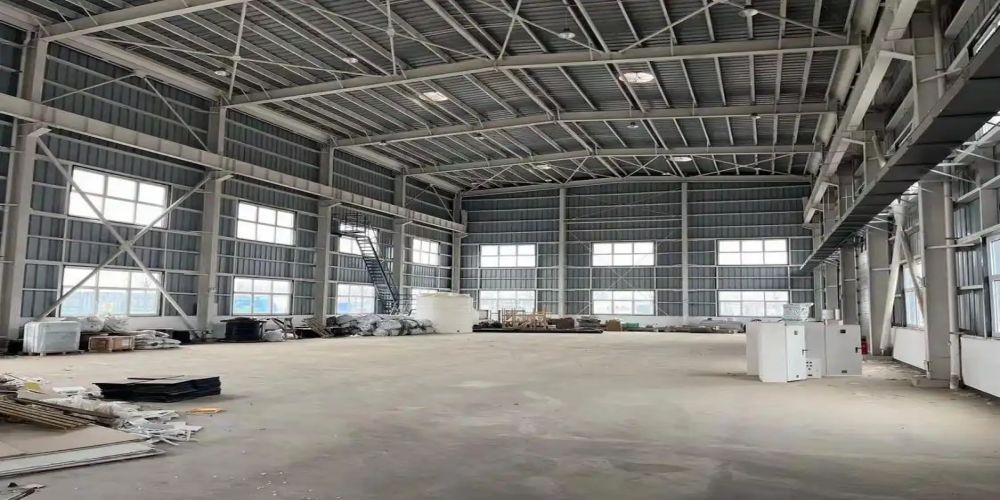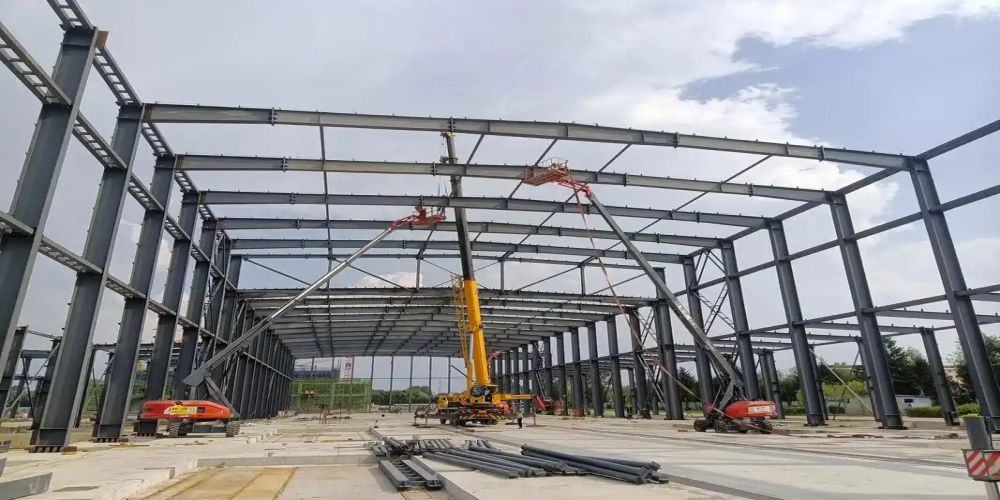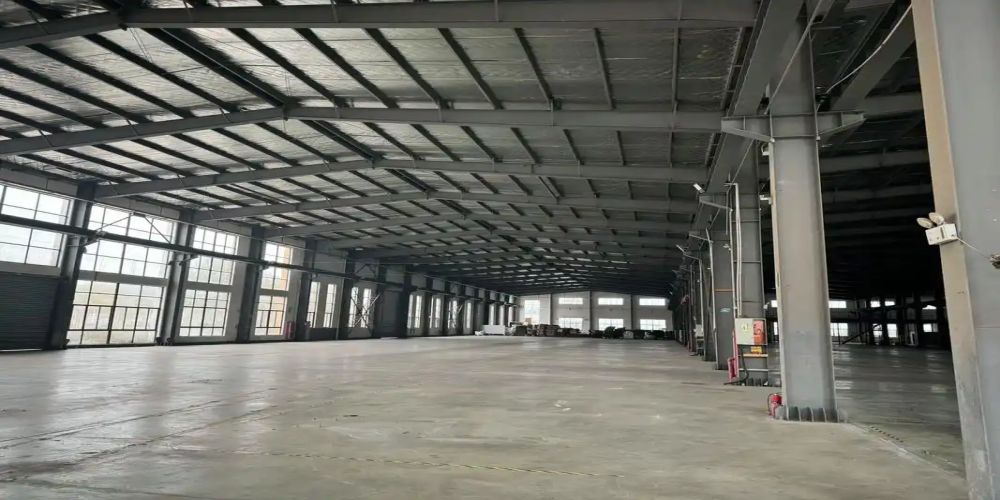What Is the Function of Extruded Polystyrene (XPS) Board?
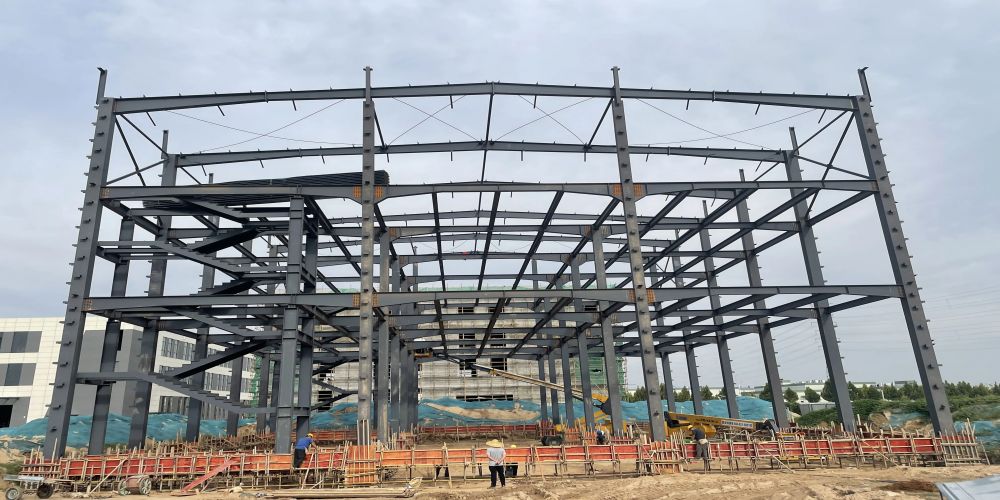
Extruded polystyrene (XPS) insulation board is a rigid board made primarily from polystyrene resin, produced through a special extrusion and foaming process. It features a unique closed-cell honeycomb structure, providing excellent properties such as high compressive strength, moisture resistance, airtightness, non-absorbency, corrosion resistance, low thermal conductivity, lightweight design, and long service life. As an environmentally friendly material, XPS boards are widely used in wall insulation, cold storage facilities, parking platforms, concrete roofs, and structural roofs. They are also an affordable and effective moisture-resistant material for the construction and decoration industry.
Key Advantages of XPS Board:
- Long-lasting Performance – XPS boards are highly stable and resistant to aging, with a lifespan of 30–50 years. Even under high vapor pressure, they maintain their low thermal conductivity and superior moisture resistance.
- Unmatched Thermal Insulation – With a closed-cell structure and a cell rate of 99%, XPS boards provide superior insulation compared to other materials like polyurethane foam, which has a lower closed-cell rate of about 80%.
- Exceptional Compressive Strength – Depending on thickness and grade, XPS boards offer compressive strengths ranging from 150 to over 500 kPa, significantly surpassing other insulation materials (which typically range between 150 and 300 kPa).
- Outstanding Moisture Resistance – When used under pavements and roadbeds, XPS boards effectively prevent water infiltration. In colder regions, they help reduce frost heave and soil freezing, preventing damage from ground moisture.
These properties make XPS boards a top choice for thermal insulation, moisture protection, and structural durability in various applications.

